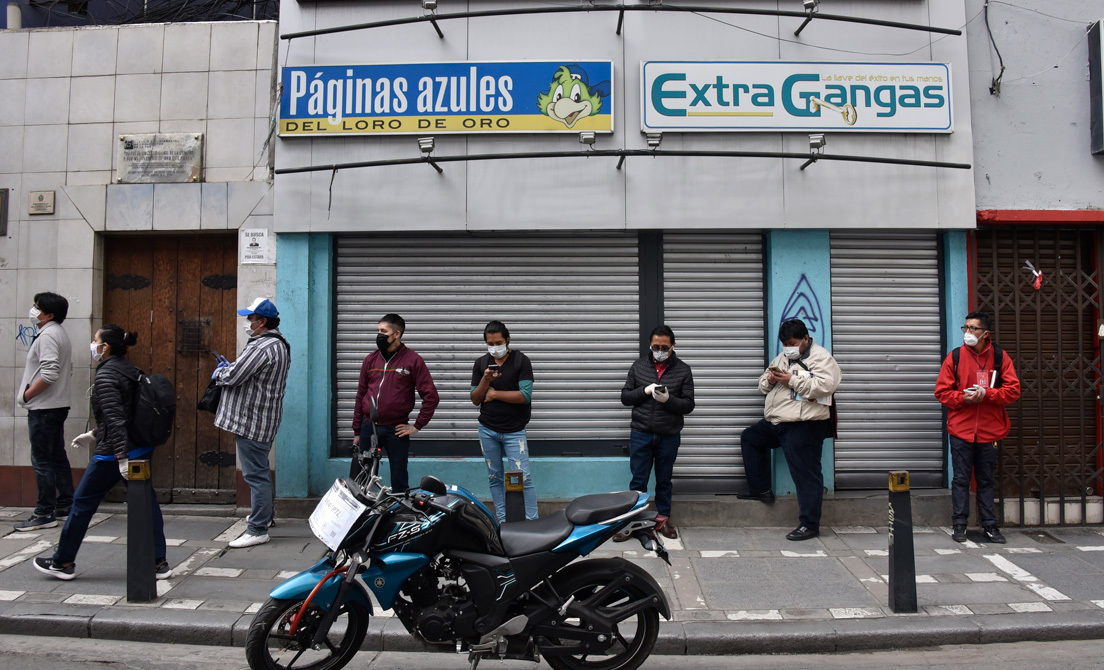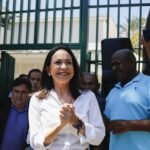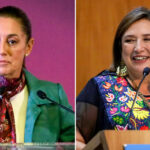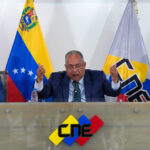
TOPSHOT - A protester holds a piece of cloth reading "New Constitution or Nothing" during a demonstration at Plaza Italia in Santiago, on the fifth straight day of street violence which erupted over a now suspended hike in metro ticket prices, on October 22, 2019. - President Sebastian Pinera convened a meeting with leaders of Chile's political parties on Tuesday in the hope of finding a way to end street violence that has claimed 15 lives, as anti-government campaigners threatened new protests. (Photo by Pedro UGARTE / AFP) (Photo by PEDRO UGARTE/AFP via Getty Images)






